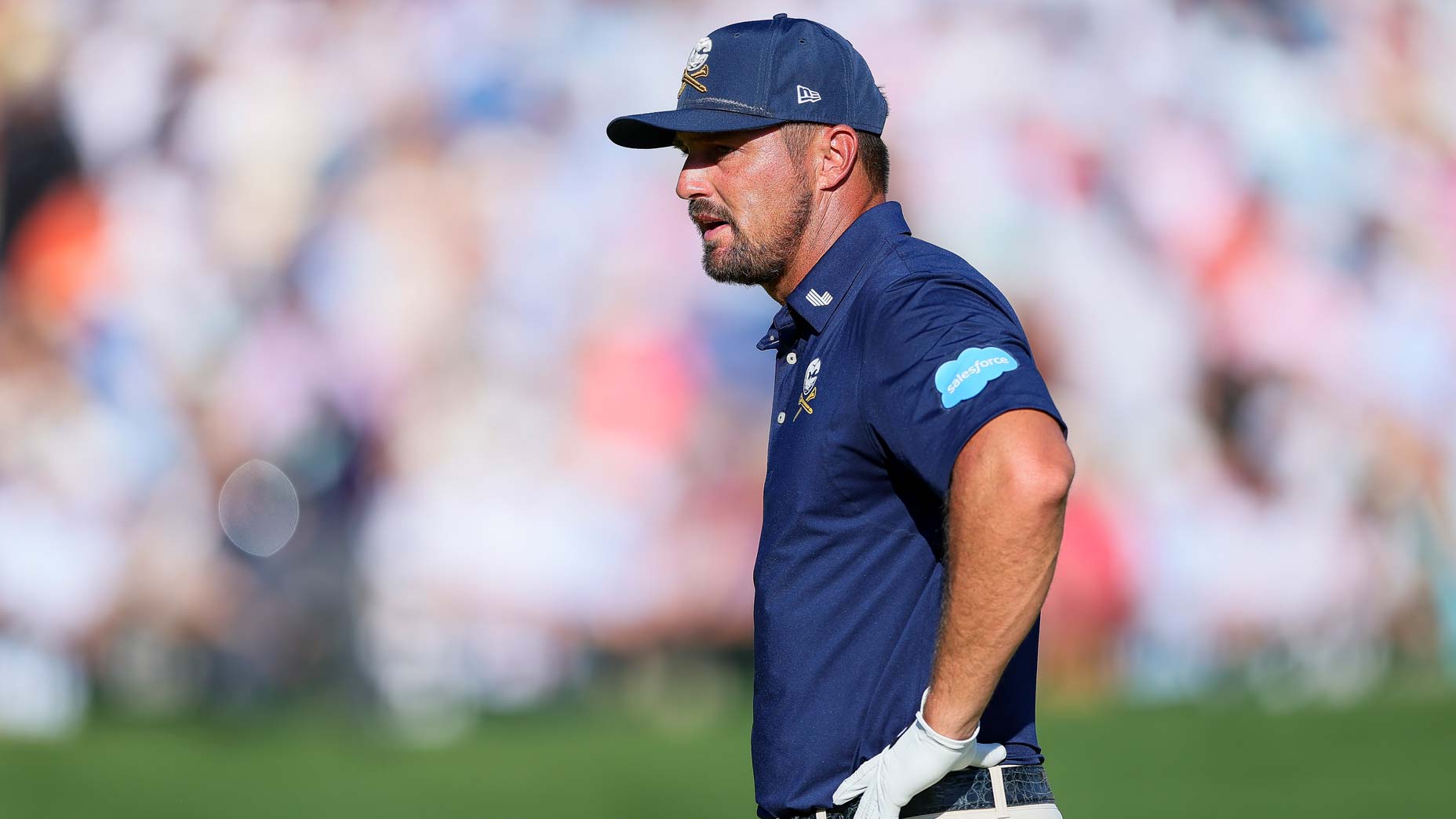Gear
Celebrate the 50th anniversary of Jaws with these shark-themed golf balls
To pay homage to this summer classic, TaylorMade released limited-edition shark-themed golf balls. Grab yours today on Fairway Jockey.
Join InsideGOLF today!
GOLF.com’s membership program is one of the game’s best values. For only $39.99/year, you’ll get access to exclusive content and also a host of discounts and promotions, including…
- Dozen Srixon Z-STAR XV Golf Balls (+$45 retail value)
- $20 Instant Credit at Fairway Jockey
- One Year (8 issues) of Golf Magazine (+$79 Newsstand value) – U.S. members Only
- +600 Issue Golf Magazine Digital Archive (1959-Present)
- Bucket-List golf trips and experiences
- FREE True Spec Fitting with any club purchase
- $100 OFF qualified purchases at Miura and Fairway Jockey
- 50% OFF new Golf Logix App/membership
- Plus so much more!








